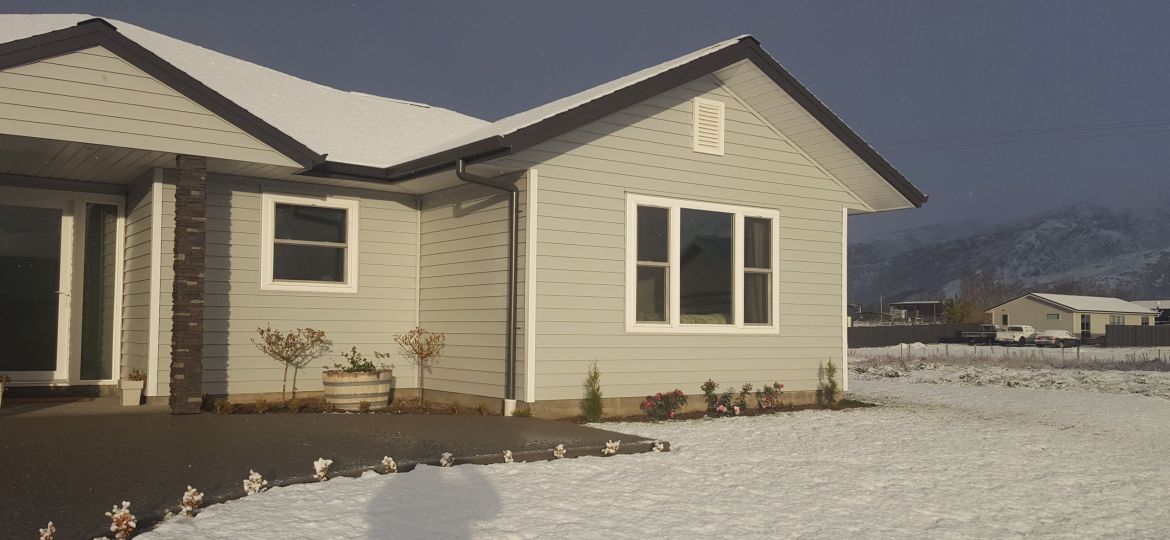As winter approaches in New Zealand, your home’s exterior cladding is your first line of defence against cold winds, heavy rain, and moisture buildup. Whether you have vinyl, timber, fibre cement, brick, or metal cladding, a few simple checks and maintenance steps can help prevent damage and keep your home looking great through the colder months.
🧰 1. Inspect for Cracks, Gaps, or Loose Panels
Walk around your home and look closely for any signs of movement or wear.
-
Vinyl: Check for any loose panels or small gaps that may have developed around joints or fixings.
-
Timber: Look for rot or splitting, especially near the ground.
-
Fibre Cement: Cracks around joints or fixings can signal trouble.
-
Brick or Block: Watch for cracked mortar or efflorescence (white powdery stains).
-
Metal: Check for rust, dents, or loose fastenings.
🧼 2. Clean the Surface
Removing built-up dirt, mildew, and debris will extend your cladding’s life and improve appearance.
-
Use a soft brush or low-pressure hose.
-
Avoid harsh chemicals on natural finishes like timber or painted surfaces.
-
For vinyl and metal, a mild detergent works well.
🌧️ 3. Clear Out Guttering and Drainage
Blocked gutters and downpipes can overflow, directing water onto your cladding and causing long-term issues like staining, rot, or mould.
-
Clear leaves and debris.
-
Make sure downpipes are properly connected and draining away from the house.
🔍 4. Check Flashings, Joints, and Sealants
Water always finds the weakest spot. Look around windows, doors, and where different materials meet.
-
Replace cracked or peeling sealant.
-
Ensure flashings (especially around rooflines) are secure and free of rust or lifting.
🏡 5. Trim Back Overgrown Plants
Vegetation that grows too close to your cladding can trap moisture, cause staining, or even damage the surface.
-
Keep at least 300–500mm clearance between cladding and plants or shrubs.
-
This also discourages pests from nesting near your home.
📸 Bonus Tip: Take Photos Before and After
If you notice potential problem areas, take photos before winter sets in. This helps track changes and makes it easier to report issues to a professional if repairs are needed later.
✅ Final Thoughts
No matter what type of cladding you have, a little attention now can save you from major headaches during (or after) winter. Regular checks and basic upkeep help protect your biggest asset—your home.



